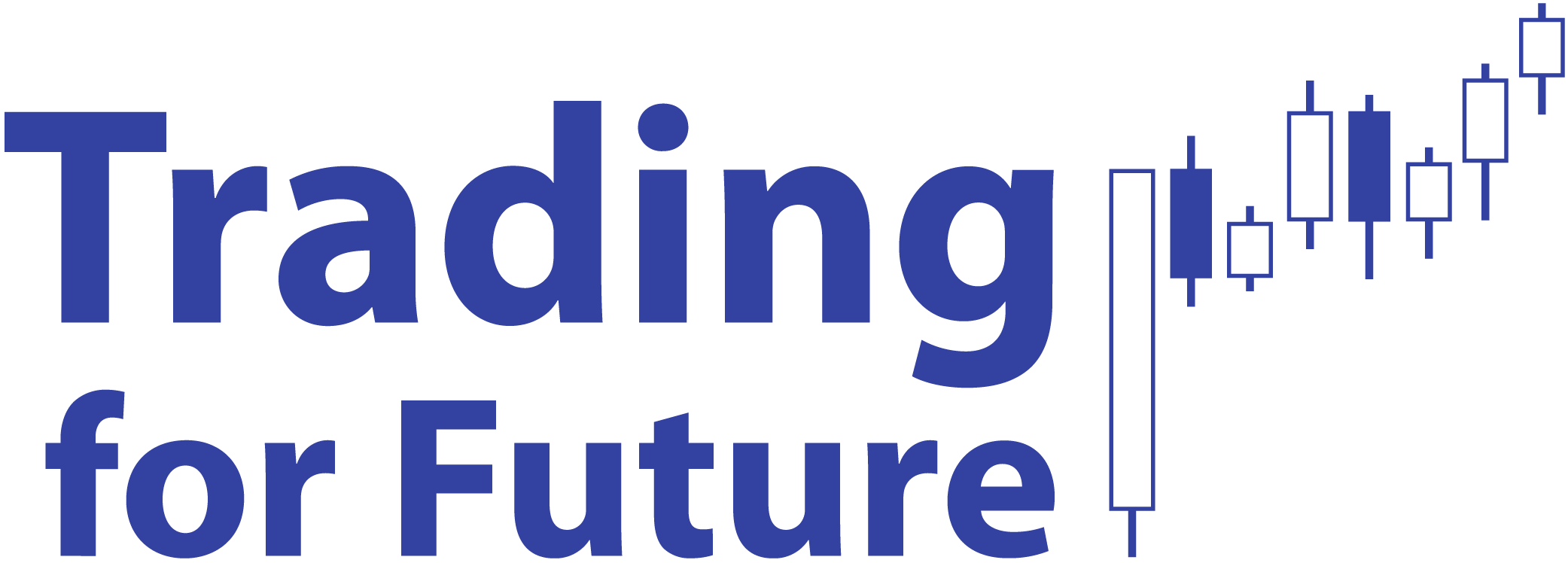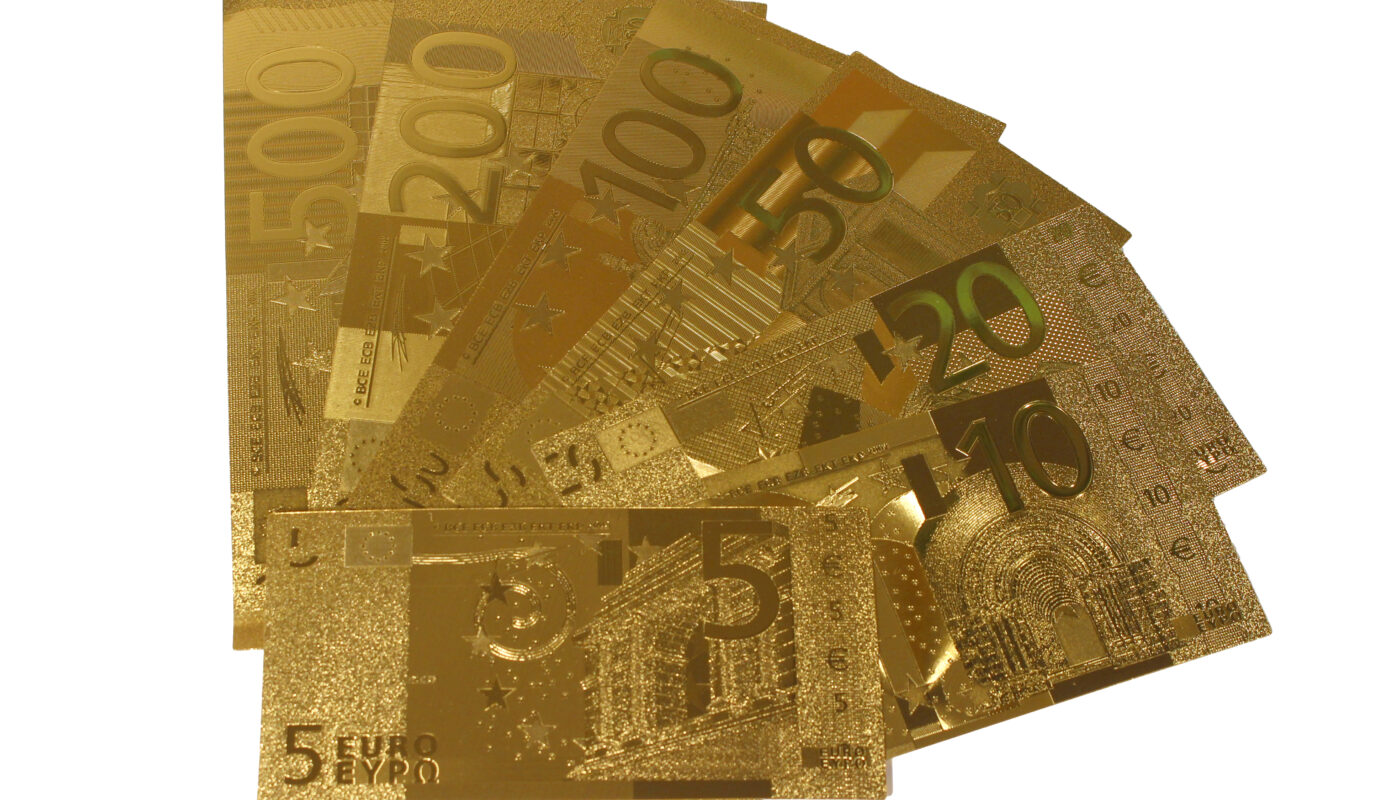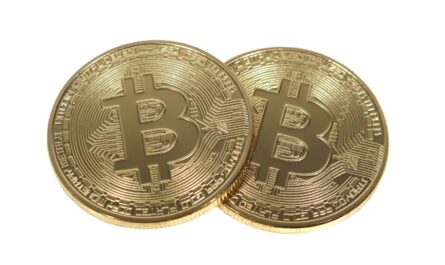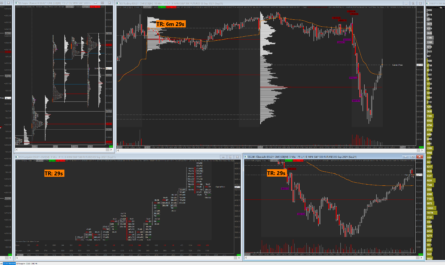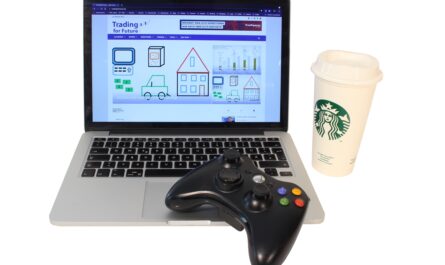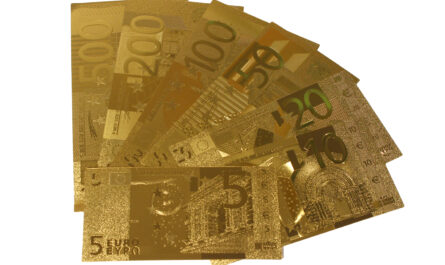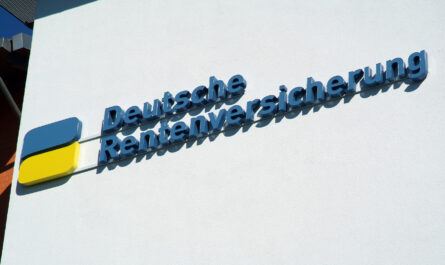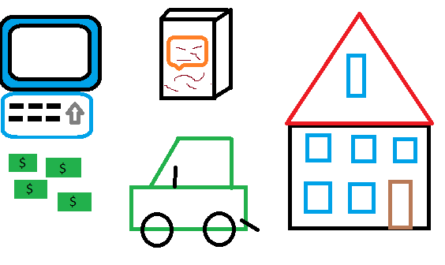It has happened: The protective wall for my investments and bad times has been attacked to a considerable extent for the first time and has been significantly weakened. And this despite the fact that I have had a fairly large safety buffer of well over six months’ salary on the high side in recent years. Fortunately, the reason is not mere consumption.
Although the increased cost of living, especially for food, has had a significant impact on my monthly budget, a miscalculation with regard to back taxes and the associated advance payment to the tax office is the real reason why I recently had to draw on my iron reserve. In the last few years I had a strict and quite high savings rate. Towards the end, it was only financially viable because I was withdrawing money from my overnight accounts on a monthly basis. So I slowly shifted some of my liquid reserves to long-term stock, ETF and crypto investments.
Then came a change of apartment with a kitchen purchase and finally two higher back taxes including prepayments as well as hiring a tax consultant and finally inflation. Now the nest egg is considerably smaller – how will I proceed?
Three options become two
Soberly considered, there are actually only three options: Replenish the nest egg as quickly as possible, do it slowly over many months, or just leave it alone. The latter should never be the solution, because a nest egg provides the saver with a certain amount of leeway, with the help of which he can compensate for unplanned expenses and purchases, but also for a possible job loss, without having to access his securities account, which would cause unnecessary costs or even mean the realization of losses.
Such a safety buffer lets one sleep better and go through everyday life more easily. A nest egg means a bit of quality of life and freedom.
So the only option is to rebuild the nest egg, and better yesterday than tomorrow. Life can never be completely planned. Tomorrow, the next financial problem may come up, and it may no longer be easy to pay for it out of petty cash. The faster the nest egg is replenished, the shorter the period in which unforeseen expenses can catch you on the wrong foot.
Whether fast or slow, in both cases the savings rate for stocks, ETFs and cryptocurrencies must be reduced in order to be able to service the additional rate for the nest egg from the monthly income cash flow. So wealth accumulation is slowed down. I can acquire less passive income. This hurts, but is the only right decision to avoid even greater pain later.
Delaying through cashback and credit card tricks
I realized that the reserves needed to be tapped even before the actual tax bill was issued. Not only did I delay payment, but I also used tricks to make as much return on my nest egg as possible for as long as possible. I used my credit cards to pay the IRS or just to pay the next credit card bill. At the same time, I was earning cash back and interest. To avoid interest charges, I couldn’t afford to make any mistakes in the transfers. Discipline and an overview were basic requirements.
To put it plainly: I could have paid the tax office and the credit cards via my nest egg at any time – but I didn’t want to. Over the last few weeks, however, the monthly transfers became too stressful for me and I decided to give away some of my liquidity at the expense of the nest egg. Over the next few months, I plan to rebuild my nest egg by adjusting the savings rate again on a regular basis.
The bottom line is that once you’ve had to tap into your nest egg, you should replenish it as quickly as possible, but you’ll have to reduce your savings rates in long-term investments to do so. This hurts, but it is the only sensible decision to be able to easily cope with unforeseeable expenses in the future.
